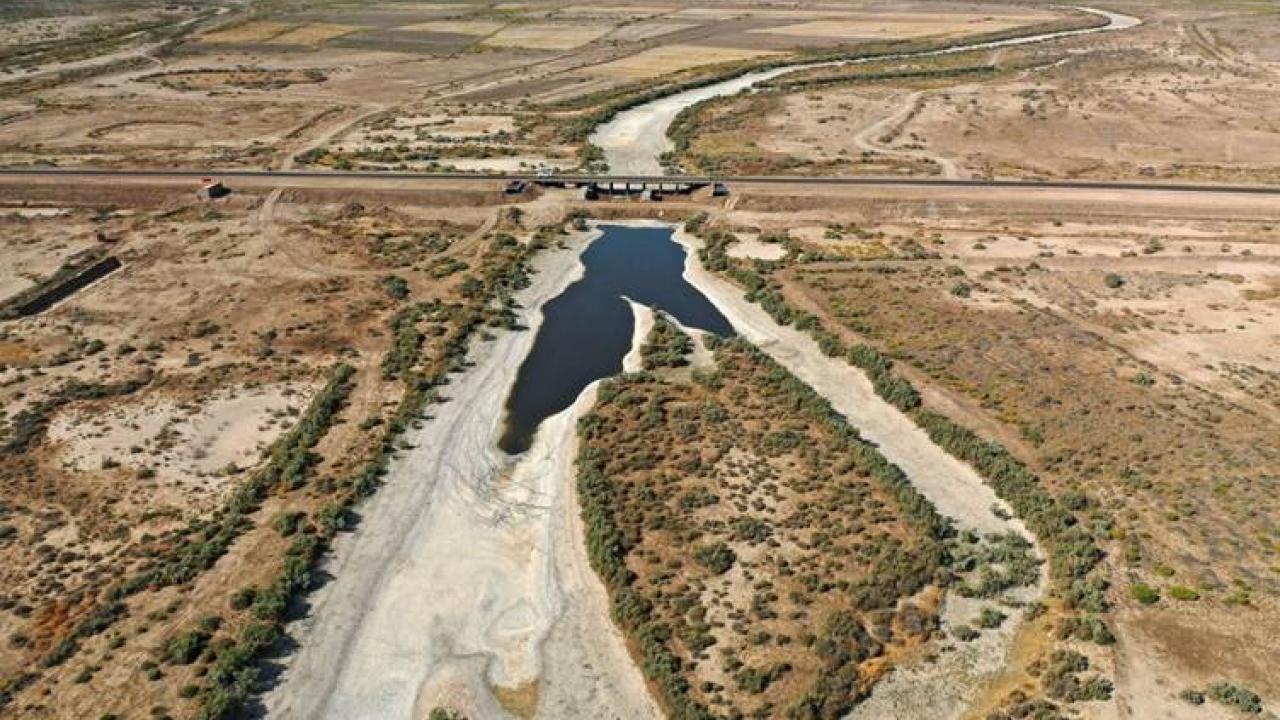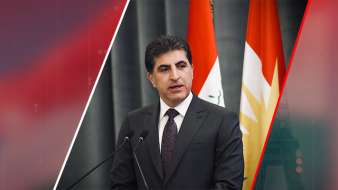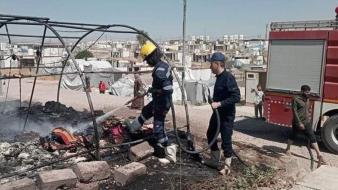Iraq’s water reserves at the ‘lowest’ in history: Ministry spox
Iraq’s water reserves are the “lowest” in the country’s history, having reduced to almost half of last year’s amount, a spokesperson for the Iraqi water ministry told on Monday.
“Current water reserves in Iraq are the lowest in the history of the country, and is 50 percent of last year,” Khaled al-Shamali, spokesman of the Iraqi ministry of water resources told
Shamali also said that the amount of water flowing into Iraq through the Tigris and Euphrates rivers is lower than the amount being released by the retention dams on both rivers. The Mosul dam on the Tigris River receives 275 cubic meters of water per second (mcps) but releases 400 mcps, while the Haditha dam on the Euphrates River releases 200 mcps but only receives a flow of 153 mcps.
The figures and statistics offered by Shamali are alarming as the country grapples with the effects of climate change.
The Tigris and Euphrates rivers, originating from Turkey, serve as Iraq's primary water source.
Earlier this year, the Iraqi water resources ministry reported that the water reserves in Iraq had decreased to 7 billion meter cubes, compared to 60 billion meter cubes in 2020. Currently, the country's water reserves are at 5 billion meter cubes, according to Shamali.
Iraq currently has 20 water retention dams within its borders, which hold a combined total of nearly 80 billion mcps.
The danger of drought and desertification surrounds Iraq and the region, and the rapid drop in water levels threatens the lives of locals, livestock, and agriculture in general.
In March, Iraqi Prime Minister Mohammed Shia’ al-Sudani met with Turkish President Recep Tayyip Erdogan in Ankara where he sought to increase the release of water downstream to Iraq. Erdogan agreed to double the water release from the Tigris River for a period of a month.
A report by Iraq’s Ministry of Water Resources towards the end of last year predicted that unless urgent action is taken to combat declining water levels, Iraq’s two main rivers will be entirely dry by 2040.
Iraq is among the countries most vulnerable to the effects of climate change, including water and food insecurity, according to the United Nations. It is facing a severe water shortage because of reduced precipitation and higher temperatures, and waste and mismanagement. The crisis is worsened by dams upstream in Turkey and Iran that have led to a significant decrease in the volume of water entering the country.
The UN Environment Program (UNEP) has long warned that water availability in Iraq will decrease by around 20 percent by 2025, threatening the long-term stability of agriculture and industry sectors.












